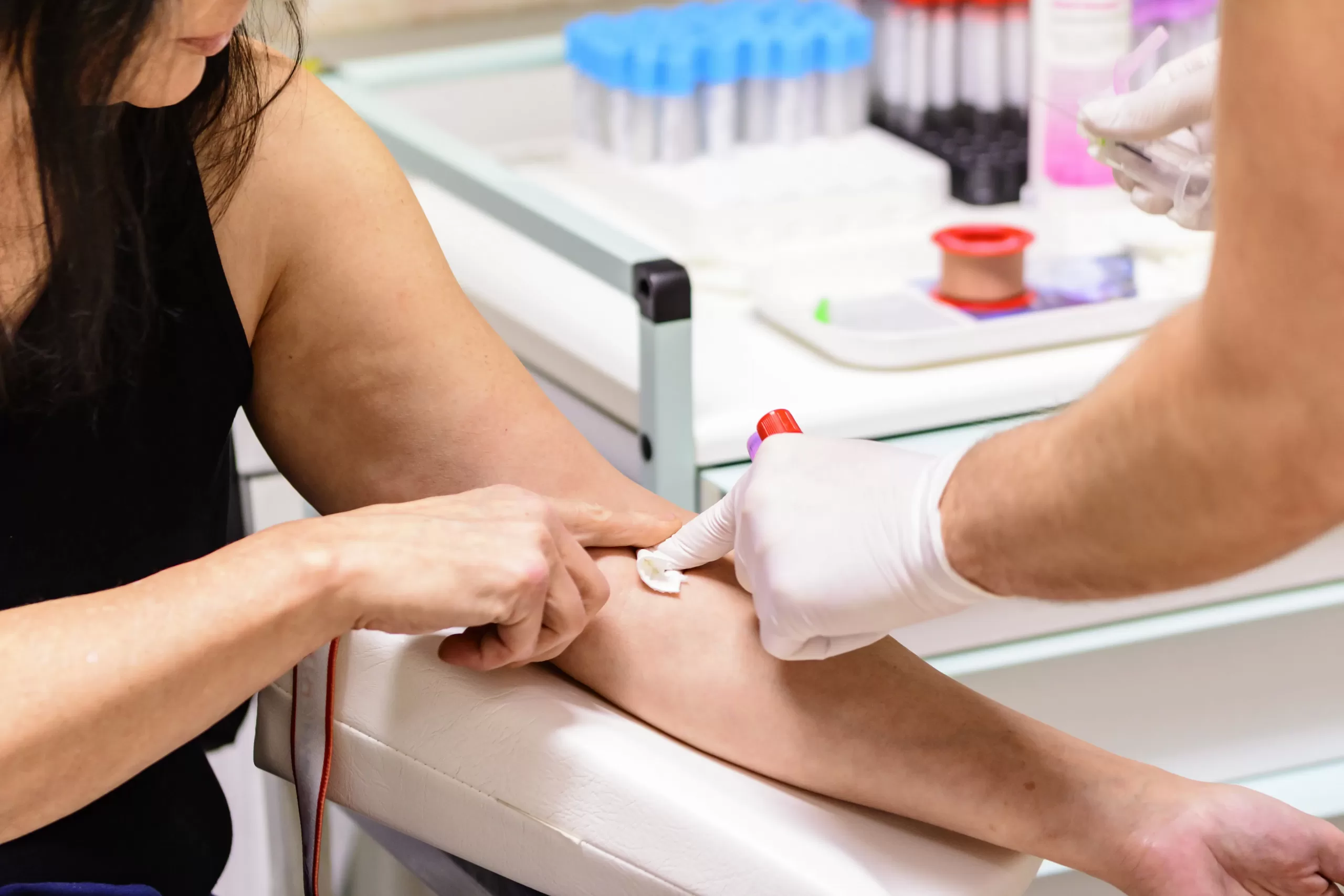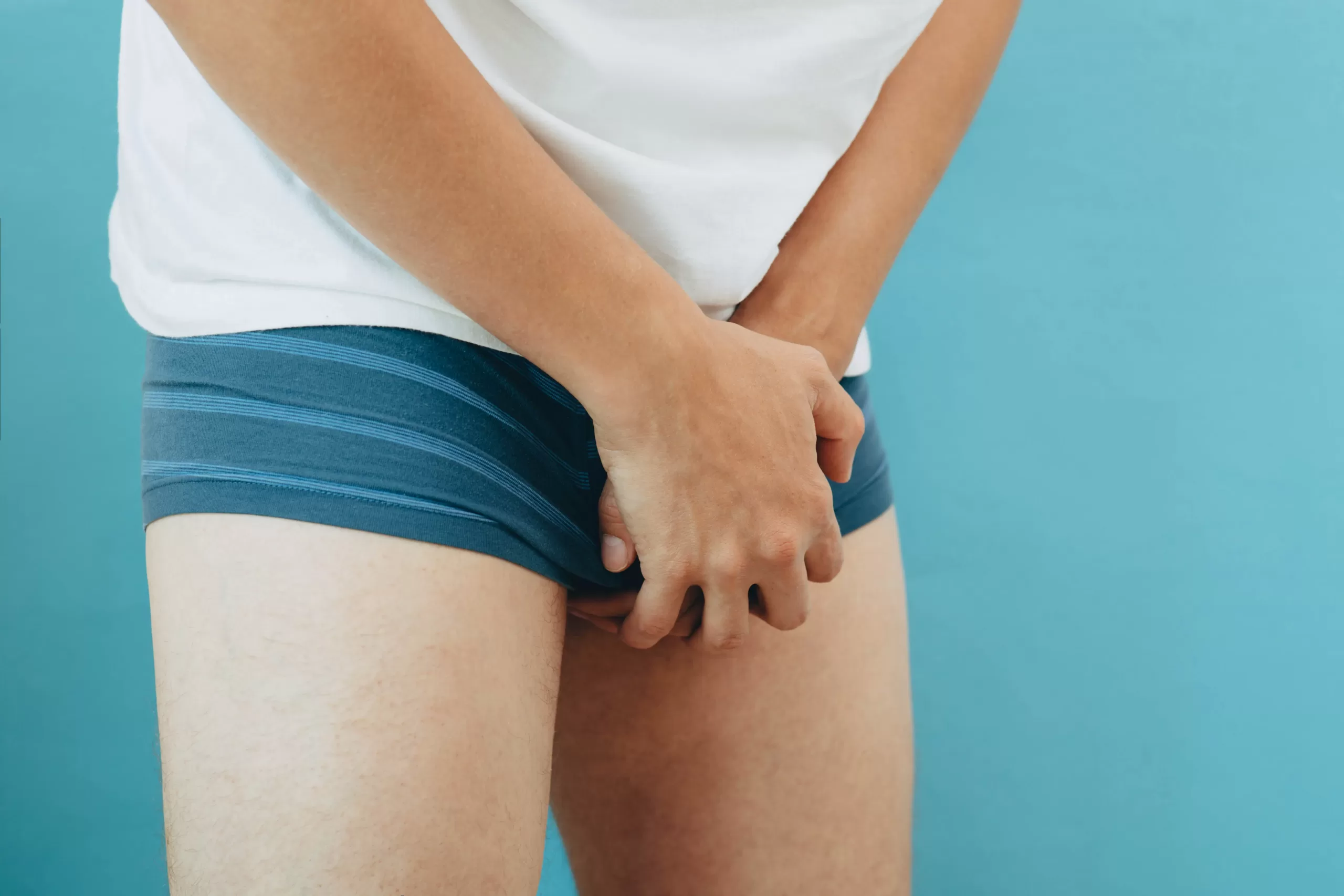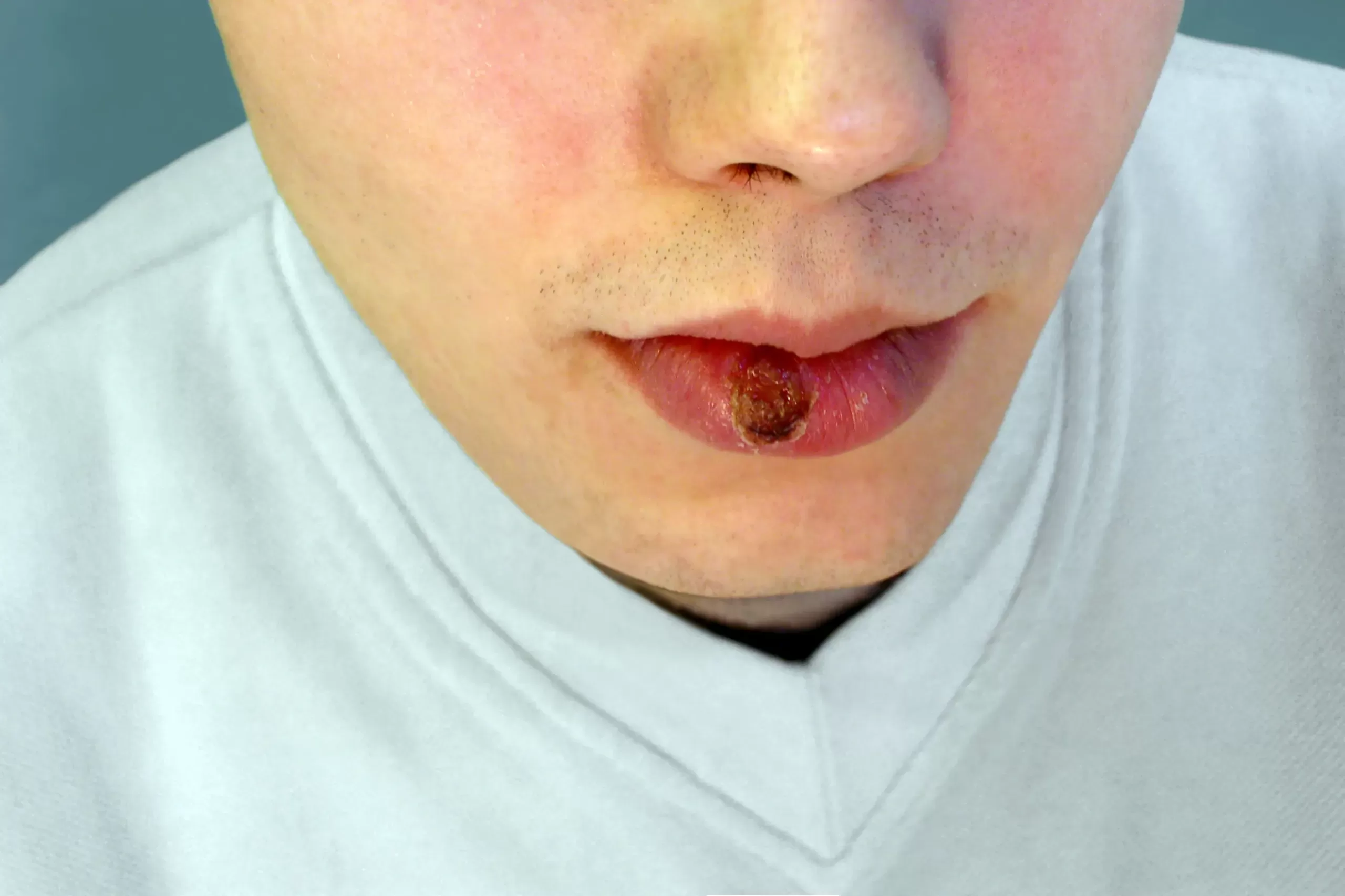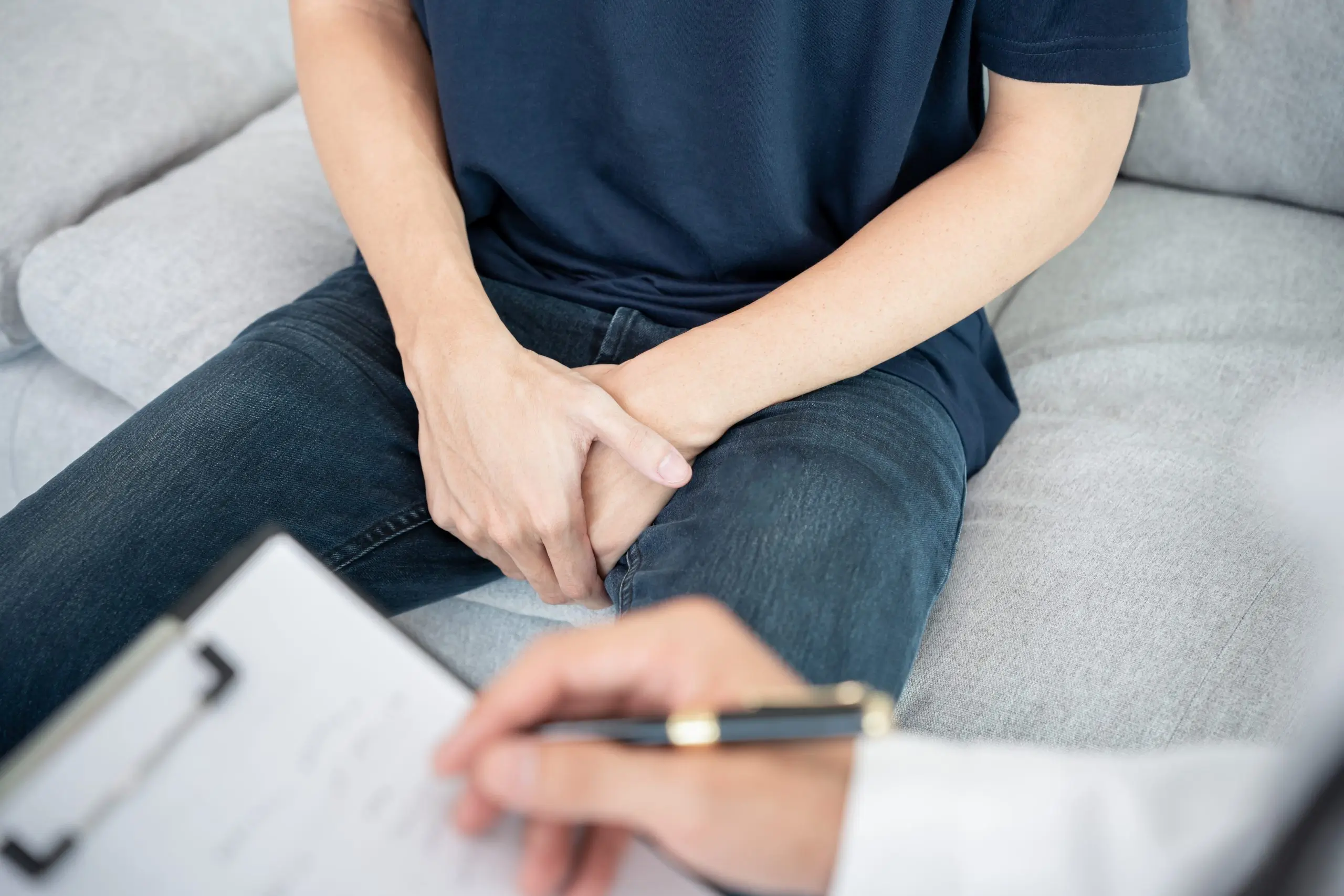Anogenital warts
Medically Reviewed by Dr Aifric Boylan
Last updated on 26.06.2024
What are anogenital warts?
Anogenital warts are caused by Human Papilloma Virus (HPV) and can affect the anus and the genitals.
There are over 150 types of HPV and if you’ve ever had sex, you’ve been exposed to HPV. Most types of HPV don’t cause any symptoms but some can cause anogenital warts and a small number can also cause cancers of the cervix, penis, throat and rectum.
Symptoms
Anogenital warts can look like small, raised bumps on the penis, scrotum, anus or the skin of the pelvis. Warts can look like stuck on cauliflowers, can feel hard and are usually raised. Sometimes they can be confused with ingrown hairs or fordyce spots which are normal glands in the skin.
Warts are usually not painful, itchy or uncomfortable unless they are infected or there is another condition such as herpes or dermatitis.
Transmission
HPV is transmitted through skin-to-skin contact. This can be during intimate touching or with penetration such as vaginal, oral or anal sex. It may take weeks to months for anogenital warts to become obvious after exposure.
Diagnosis
Warts are diagnosed by your doctor on examination. There is no specific swab or blood test for HPV.
In women, a pap smear (also known as a cervical screening test) can detect HPV. There is no equivalent test for men.
Treatment
Anogenital warts don’t have to be treated because 30% will clear by six months, while the majority will usually clear on their own within 2 years. This is a long time, so most people prefer to have them treated for faster improvements.
You can try treating them yourself with at home treatments:
- Podophyllotoxin paint: used for several days in a row followed by rest days. If the wart persists, treatment is repeated at weekly intervals for a total of five weeks. The skin can react with redness, irritation and itch.
- Imiquimod cream: also known as Aldara, this is used three times per week for 2-3 months to clear the warts. The skin can react with irritation, cracking and blisters.
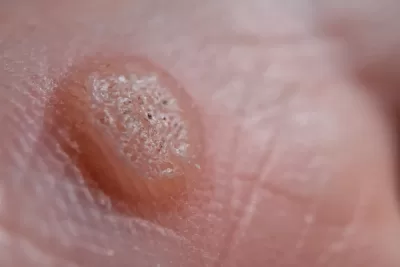
In-clinic or hospital treatments include:
- Cryotherapy: this is liquid nitrogen that is applied to the warts with a spray or cotton bud. Treatments are usually spaced into fortnightly treatments so the skin can recover between each session. The treated area can react with blistering, dull ache and ulceration.
- Trichloracetic acid (TCA): this causes a burn on the wart and is sometimes used by hospital specialists.
- Ablative treatments: cauterisation and laser can be used to remove warts, particularly when there is a large area of them that isn’t responding to other treatments.
- Surgery: some persistent warts can be removed surgically in hospital.
All treatments may take weeks to months to see complete resolution. The response to treatment depends on the amount of warts, how large they are and your overall general health.
Can warts lead to cancer?
The HPV strains that cause anogenital warts do not increase your risk of cancer. The two strains that are at highest risk of causing cancer are HPV-16 and HPV-18.
The strains most likely to cause anogenital warts are HPV-6 and HPV-11.
Prevention
Condoms can partially prevent HPV. Condoms cover the penis but if there is HPV in the scrotum, pelvis or anus then condoms won’t prevent transmission.
Since 2007, there has been a vaccine in Australia for preventing HPV infection. Initially, Gardasil contained 4 strains of HPV. In recent years, there is Gardasil9, which protects against nine strains of HPV (6, 11, 16, 18, 31, 33, 45, 52, and 58).
It is given for free to high-school aged children, but anyone can be vaccinated with Gardasil9 through their regular GP. The vaccine protects against HPV strains that cause anogenital warts and cancers.
Further resources & patient information about anogenital warts
Genital warts & HPV – Victorian Sexual Health Network
Anogenital Warts: Causes, Symptoms, Treatment, Prevention – Patient.info
HIV Self-Testing: How It Works and What You Should Know
HIV Self-Testing: How It Works and What You Should Know Human immunodeficiency virus (HIV) is commonly checked as part of a routine sexual health check, either through your GP [...]
Balanitis: Signs, triggers, and how to treat it
Balanitis: Signs, triggers, and how to treat it Balanitis is inflammation of the head of the penis (glans). It can cause symptoms such as irritation of the glans, redness, [...]
Syphilis
Syphilis As one of the oldest sexually transmitted infections (STI) still present today, syphilis continues to make its mark in the 21st century. In 2023, there were over 8,000 [...]
Delayed ejaculation
Delayed ejaculation Ejaculation is the act of semen and sperm exiting the penis during orgasm, a natural phenomenon culminating from sexual pleasure. Sometimes ejaculation can be quicker than desired [...]



